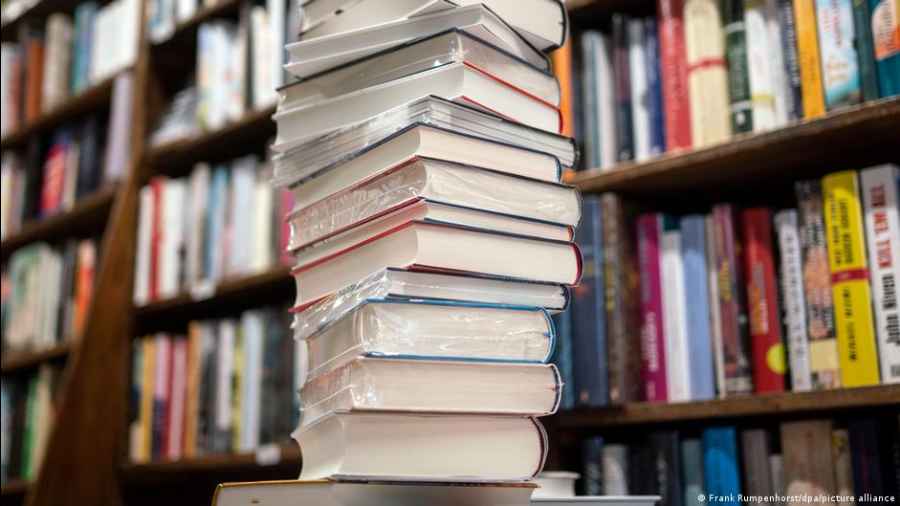It is bad enough that poor Anne of Enid Blyton’s Famous Five series has to play with teddies instead of dolls; is it somehow worse that Augustus Gloop of Roald Dahl’s Charlie and the Chocolate Factory can no longer be ‘enormously fat’ but must become plain ‘enormous’? In what way is ‘enormous’ more willowy than ‘enormously fat’? At least fatness gives dear Augustus a recognisable shape. This, however, is not an argument to appeal to sensitivity readers who have read Roald Dahl’s stories — and Blyton’s earlier — to edit out all that could hurt the sensitivities of children meant to be brought up on a sterilised diet of political correctness in a wildly incorrect world. Calling Mrs Twit of The Twits ugly is just as bad as calling Gloop fat; the word must be dropped from her description as ‘ugly and beastly’. Evidently ‘beastly’ is acceptable — no animal-lovers among sensitivity readers? — although the story is about the triumph of four monkeys and victimised birds over the cruel Twit couple. There are numerous such ‘small’ changes. Famous writers, though, have no obvious ‘message’ or ‘lesson’ to impart. Stories and poems offer children imaginative forays into the unevenness of experience, give them encounters with the diverse characters that populate the world — good, evil, funny and timorous — and introduce them to the soaring possibilities of fantasy, dream and the thrills of adventure.
Vividness, drama and colour in the language of fiction grip children, even when there are expressions and sentiments unfamiliar to them. Letting them know that these are books from a different time might encourage their intelligence — they have oodles of that — to take in the joy without surrendering to all of an author’s premises. Words that have completely altered their meaning, ‘gay’ or ‘queer’ for instance, may have to be changed, but editing out ‘black’ to make tractors just ‘murderous and brutal-looking’ borders on the absurd. This is not about freedom of expression alone, but also about the assumption that literature for children must be politically correct and good-mannered, else they would be ‘taught’ wrong. Dahl’s irreverence and dark laughter are disconcerting in these brittle times, even his edgy originality can bite; editing, the publisher seems to believe, could make him more wholesome.
Sexism, racism and classism were the charges against Blyton. Dahl supposedly shares her sexism and racism, while he has, it seems, additional issues about weight and mental health — no one can be ‘crazy’ — as well. But it has to be asked if all other writers of ‘classic’ children’s literature need to be edited too, and if not, why not. Blyton’s lifestyle was criticised in her time out of gender bias that still lingers, although Dahl’s anti-Semitism was a serious issue. Do their books, therefore, have hidden potential to damage children while the Mad Hatter and the March Hare stuff the sleeping Dormouse into a teapot without wounding their tender souls?











